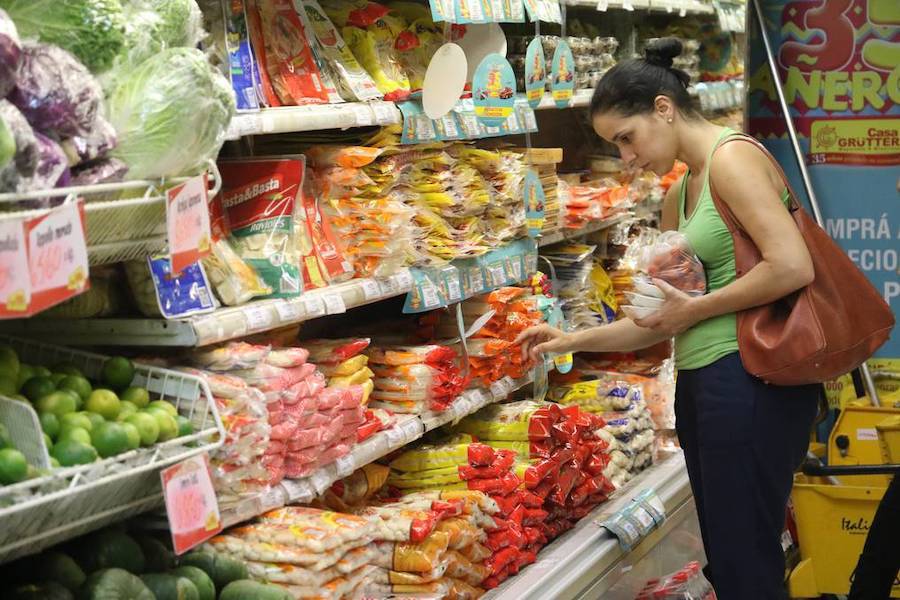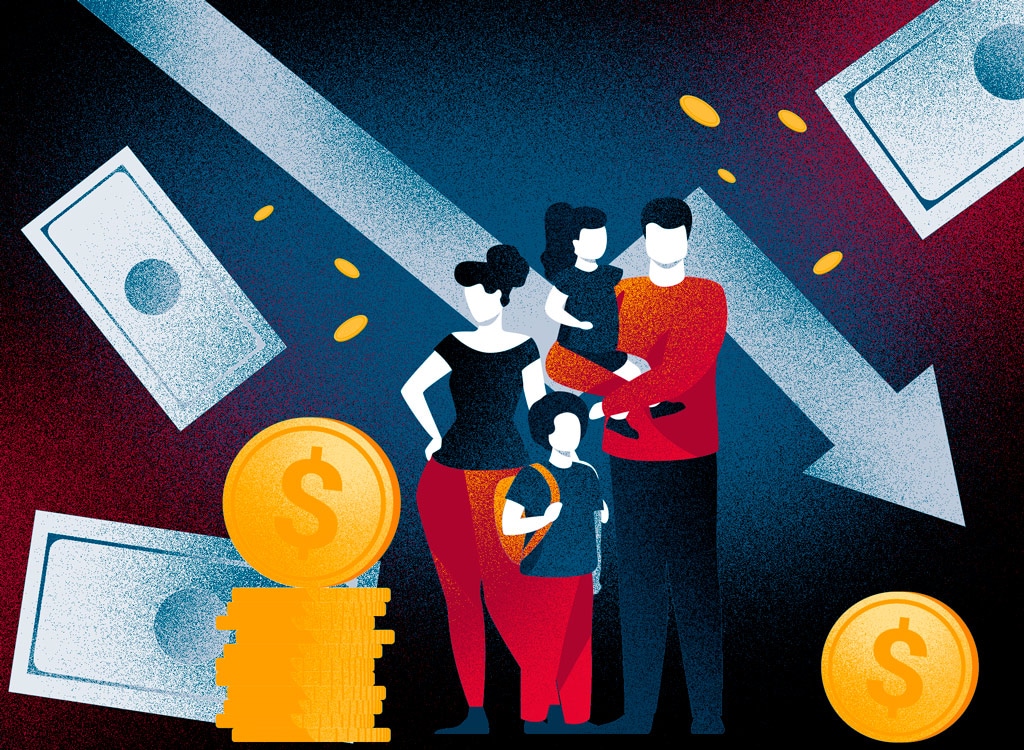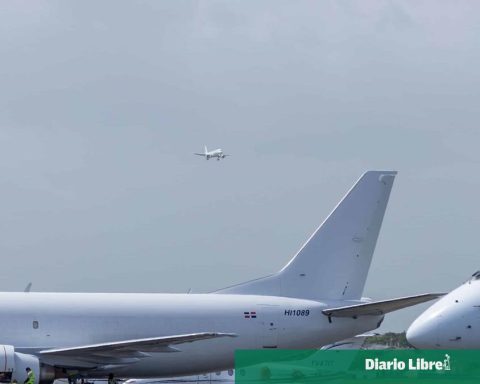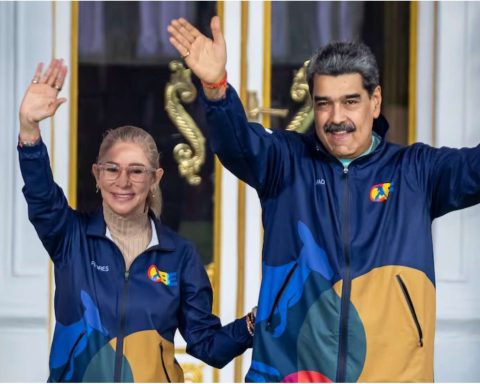The change introduced in article 255 and repeal of 256 of the Labor Code, allowed the legal minimum wage to be reviewed in June of each year and readjusted in July. Before this legislation, increases were authorized only when inflation reached 10%.
The consideration of the readjustment of the Minimum Wage will be carried out by the Executive Power at the proposal of the National Council of Minimum Wages (CONASAM), based on the interannual variation of the Consumer Price Index (CPI) and its impact on the national economy, per month of June of each year, expresses the 255.
It adds that, the Administrative Labor Authority, when the conclusions so indicate, will submit to the Executive Branch for consideration and resolution, before June 30 of each year, the proposal to readjust the Minimum Wage, accompanied by the corresponding reports.
The same article opens a window for a review outside the established dates, however, until today this prerogative has not been used.
In cases of profound changes in macroeconomic and financial conditions or high inflation rates, the National Council of Minimum Wages may meet in a period other than that indicated above, and will consider the reports on inflation for setting the readjustment percentage. and the economic and financial situation of the Central Bank of Paraguay and the Ministry of Finance, as well as the respective inflationary and economic prospects or projections.
In 2016, the percentage of inflation reported by the BCP was 7.7%, which was equivalent to an increase of G. 140,452, with which the salary was G. 1,964,507. At that time, the last increase had occurred in 2014, still without the modification of the law.
In 2017, the Consumer Price Index reached only 3.9%, corresponding to G. 76,616. The salary went to G. 2,041,123.
In 2018, the Central Bank of Paraguay reported 3.5% year-on-year inflation, with which the difference was G. 71,439 and the salary reached G. 2,112,562. In 2019, the last one before the revolution that brought the Coronavirus, the CPI was 3.8%, corresponding to G. 80,277, with which the salary was G. 2,192,839.
In 2020, the first exception occurred since the new law came into effect. Due to the fact that the reported inflation was barely 0.7%, equivalent to G. 15,000, it was decided to maintain the legal minimum wage, considering that, with such a small difference, the disadvantages would be more than the benefits, in terms of the impact on prices.
Finally, in 2021, in the midst of a difficult economic situation caused by the paralysis of activities in the different productive sectors, the reported year-on-year inflation was 4.4%, equivalent in guaraníes to 96,485, with which the salary since then and until today, it is from G.2.289.324.
From June 2021 to May 2022, the variation in the Consumer Price Index (CPI) was 11.4%, a historical percentage, which responds to a general rise in prices of different items, including fuel. The announced difference is G. 260,983, with which, from July 1, the minimum wage for unspecified activities will go to G. 2,550,307
With this, the minimum wage will remain at G. 98,089 and the hourly wage at G. 12,261. There is no precedent in which the Executive has rejected or modified the Conasam recommendation, in fact, the decree was already signed this week-
The difference on this occasion was that the large department stores and certain commercial sectors requested, without success, the postponement of the readjustment until at least August and declared that they are not in a position to pay those amounts since July.
BEFORE THE ANNUAL REVIEW LAW
Between 2011 and 2015 there were only two salary increases, in both cases, because inflation reached 10%. The first was precisely in 2011, with an increase of G. 150,748, with which the salary was G. 1,658,232. The next was in 2014, when the increase was G. 165,832 and the salary reached G. 1,824,055, according to the Labor Observatory with data from administrative records of the Ministry of Labor, Employment and Social Security.
JUSTICE OR INJUSTICE?
Before the modification of the law, the revision of the minimum wage was given when inflation reached 10%, something considered unfair by many, since they waited years for an increase. However, since 2016, the readjustments are annual, based on the inflation percentage, with which, for others, justice was done.
However, the request of the labor unions is always far from the amount that is finally applied, as in this 2022, which requested an increase of 600,000 guaraníes, based on calculations of what an average family spends with the latest increases in products. of the basic basket.


















